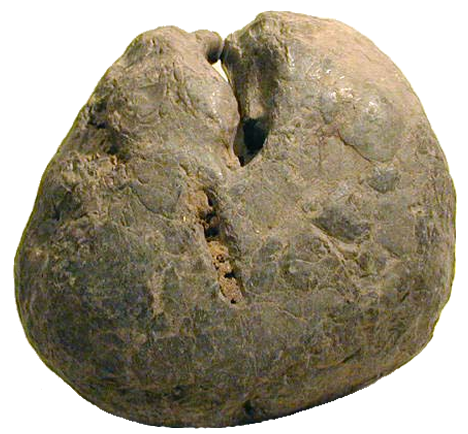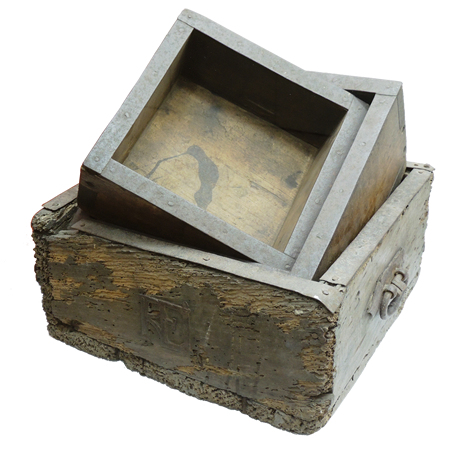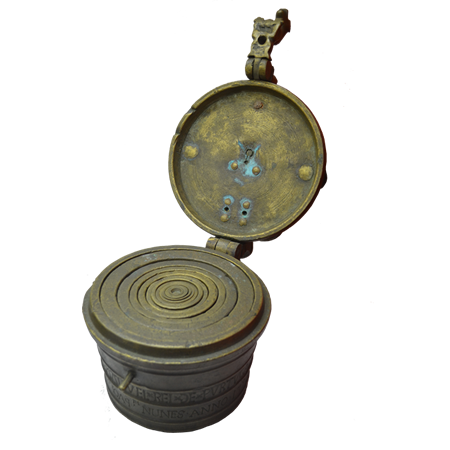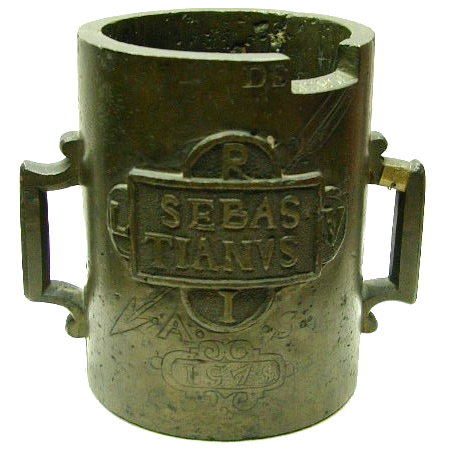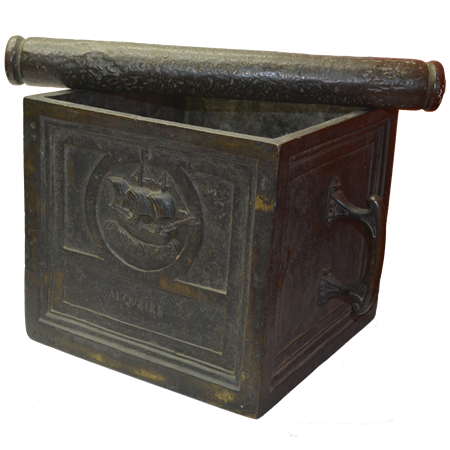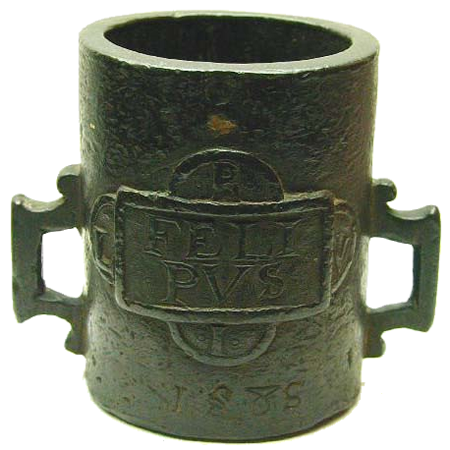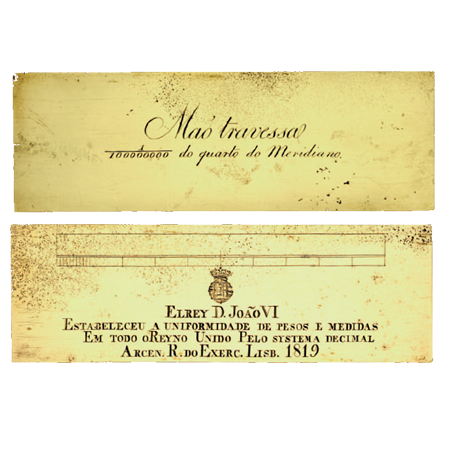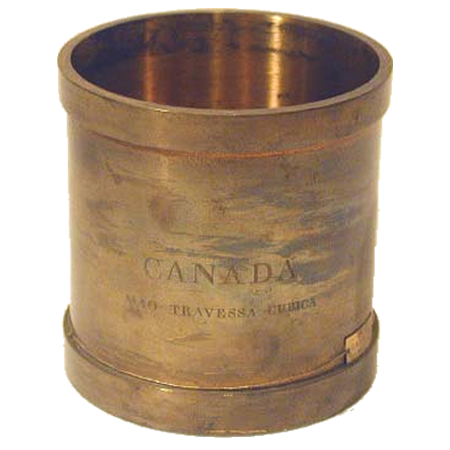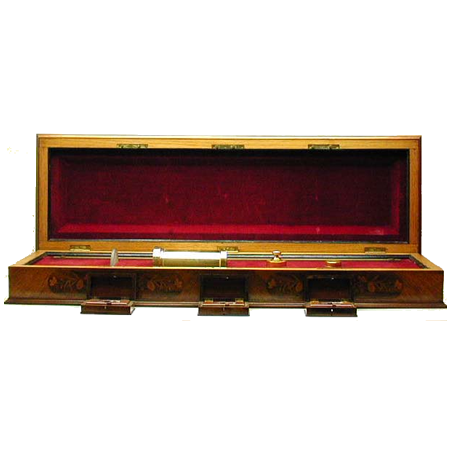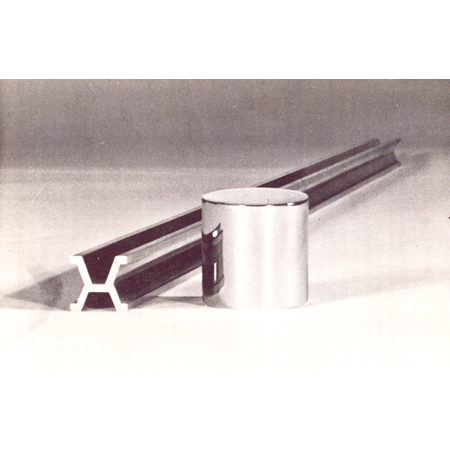
METROLOGY MUSEUM
The Portuguese Institute of Quality, as a National Metrology Institution, inherited a vast heritage of weights and measures, from all over the country, which is in charge of the Metrology Museum. According to its Organic Law, IPQ, through the Museum, is responsible for “promoting the collection, preservation, study and dissemination of this heritage”.
The Museum develops its activity in this context and aims to be a national reference in the dissemination of metrological heritage with historical interest and the History of Metrology in Portugal.
It is worth mentioning the collections of national standards of the various units of measurement, used in different historical periods, which allow the classification of national metrology in three fundamental periods, prior to the:International System of Units (SI):
- The Middle Ages, characterized by the diversity of standards and respective values;
- The Formation of the Modern State, beginning with the Manueline Reform: attempt to create a uniform system;
- The Decimal Metric System, disseminated and promoted from the middle of the 19th century.
Some of the most relevant pieces of the Museum’s metrological collection can be seen in the Space reserved for the Museum on the premises of IPQ, namely in the Entrance Room and Permanent Exhibition, as well as in outher places of IPQ.
Relevant Information
All visits to the Metrology Museum require prior appointment and authorization.
You can book your visit through the following address: museu.metrologia@ipq.pt, indicating the number of people, ages and the desired date / time.
For groups of children (usually from schools), the maximum number of visitors, simultaneously, is 9 people, including the accompanying adult.
Groups of people aged 12 and over cannot exceed 5 people.
All visitors must comply with the rules of physical distance, mandatory use of a mask and hand hygiene, as well as comply with all the instructions given by IPQ employees.
Circulation outside the area reserved for the Museum is not permitted.
The use of the sanitary facilities must be done individually, except in the case of younger children, who may be accompanied by an adult.
